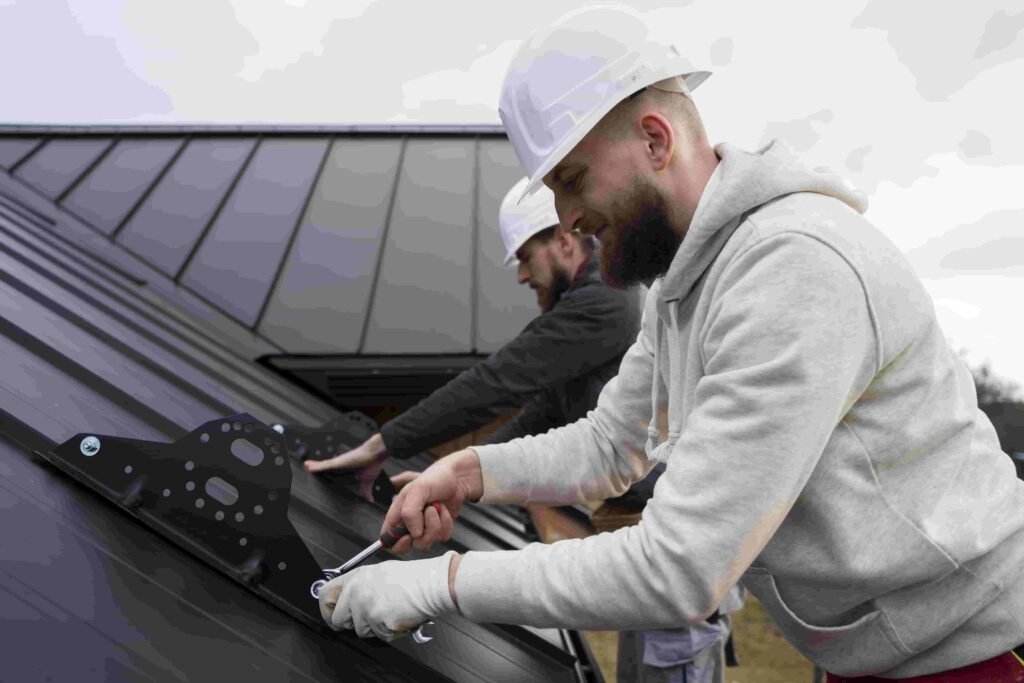In the quest for sustainable energy solutions, renewable heating installers play a critical role in transforming how we heat our homes and businesses. As the world increasingly embraces environmentally friendly practices, the demand for skilled professionals in this field has never been higher. This article delves into the essentials of renewable heating systems, the expertise required for installers, and the profound benefits of transitioning to renewable heating.
Exploring Types of Renewable Heating Systems
Renewable heating systems are at the forefront of green energy, offering eco-friendly alternatives to traditional heating methods. The prominent types include:
- Heat Pumps: These systems extract heat from natural sources such as air, ground, or water. Air source heat pumps and ground source heat pumps are widely adopted for their efficiency and ability to reduce carbon emissions.
- Solar Thermal Systems: Solar thermal systems heat water or air using sunlight, offering a clean, endless energy source.
- Biomass Boilers: By burning organic materials like wood pellets or chips, biomass boilers offer a renewable way to heat buildings. They are especially popular in rural areas where such resources are readily available.
- Geothermal Heating: Geothermal heating uses the earth’s stable underground temperatures for efficient and sustainable heating and cooling.
Essential Skills and Qualifications for Installers
Becoming a renewable heating installer requires a blend of technical skills, certifications, and a keen understanding of sustainable practices. Here’s what it takes:
- Technical Proficiency: Installers must be adept in electrical and plumbing systems, as well as possess a strong grasp of thermodynamics.
- Relevant Certifications: Industry-recognized certifications, such as those from the Microgeneration Certification Scheme (MCS) in the UK, validate an installer’s ability to competently fit renewable systems.
- Problem-Solving Skills: Given the diverse environments and challenges, installers must be able to adapt and troubleshoot effectively.
- Commitment to Sustainability: An intrinsic commitment to reducing environmental impact drives the passion and excellence required in this field.
Benefits of Renewable Heating
The advantages of adopting renewable heating systems are multifaceted, impacting both the environment and energy consumption:
- Energy Efficiency: Renewable heating systems often operate more efficiently than conventional heating systems, leading to reduced energy consumption and lower utility bills.
- Environmental Impact: By utilizing renewable resources, these systems significantly cut down on greenhouse gas emissions, contributing to global climate goals.
- Economic Savings: While the initial investment may be higher, the long-term savings on energy bills and potential government incentives make renewable heating a financially sound choice.
- Energy Independence: Reducing reliance on fossil fuels enhances energy security and stability, shielding consumers from volatile fuel prices.
Case Studies: Success Stories in Renewable Heating
Several projects exemplify the successful implementation of renewable heating systems:
- A Community Heating Initiative: In a small town, a district heating network using biomass boilers was installed, drastically reducing the community’s carbon footprint and energy costs.
- Solar Thermal in Urban Housing: An urban housing complex integrated solar thermal panels, providing residents with a sustainable hot water supply while slashing energy expenses.
The Future of Renewable Heating
As the world moves towards a greener future, the landscape of renewable heating is poised for exciting developments:
- Technological Innovations: Advancements in materials and engineering are making systems more efficient and accessible.
- Increased Demand for Skilled Installers: With growing awareness and government incentives, the need for trained professionals in renewable heating is skyrocketing.
- Integration with Smart Technologies: The rise of smart home technology presents opportunities to optimize and control renewable heating systems remotely, enhancing user experience and energy management.
Conclusion: Embracing the Green Revolution
The transition to renewable heating is not just an environmental imperative but also an opportunity for economic growth and sustainable living. As renewable heating installers continue to spearhead this transformation, their role becomes increasingly pivotal in shaping a sustainable energy landscape. Are you ready to join the green revolution and harness the power of renewable heating for a brighter tomorrow?
FAQ 1: What types of renewable heating systems are available and what are their benefits?
Renewable heating systems include solar thermal systems, geothermal heating, and biomass boilers. Solar thermal systems use solar panels to heat water or air, providing a clean and inexhaustible energy source. Geothermal heating uses the earth’s stable underground temperatures for efficient heating and cooling, reducing reliance on fossil fuels. Biomass boilers burn organic materials like wood pellets, offering a sustainable alternative to traditional heating methods. These systems not only reduce carbon emissions but also lower energy costs in the long run.
FAQ 2: What qualifications and skills are needed to become a renewable heating installer?
To become a renewable heating installer, one typically needs a background in plumbing, electrical work, or HVAC systems. Certifications in renewable energy technologies, such as solar or geothermal systems, are often required. Essential skills include a strong understanding of various renewable technologies, problem-solving abilities, and attention to detail. Installers must also stay updated with industry standards and regulations to ensure safe and efficient installations. By acquiring these skills and qualifications, installers can significantly contribute to the growing demand for sustainable energy solutions.
Discover solar, geothermal, and biomass heating benefits. Learn about their advantages and the essential qualifications for becoming a skilled installer.



More Stories
Site Oficial Para Cassino Online E Apostas No Brasil
Site Oficial Para Cassino Online E Apostas No Brasil
Site Oficial Sobre Cassino Online At The Apostas No Brasil